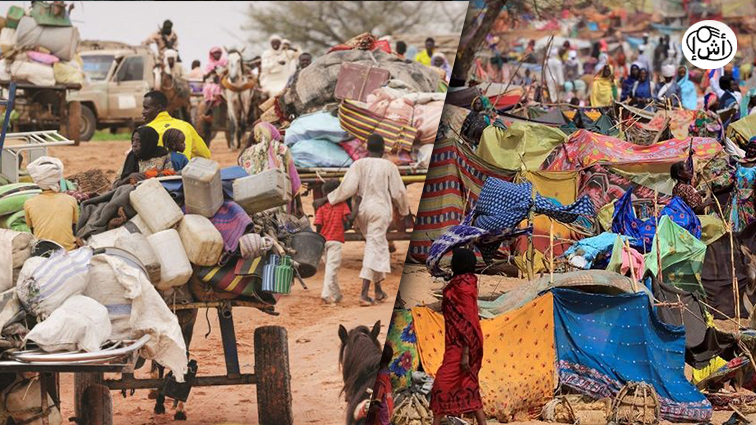International reports have warned of the spread of hepatitis “E” in Sudanese refugee camps in Chad, where more than 550,000 people live.
Reports indicate that the humanitarian situation is exacerbated by poor sanitation and severe lack of clean water in camps scattered across Wadai district.
The medical coordinator of “Médecins Sans Frontières” (MSF) in Adri, Erno Mundisier, pointed to the seriousness of the health situation, warning that the spread of diseases will worsen if swift action is not taken to improve sanitation infrastructure and provide clean water.
The situation in the camps goes beyond the risk to refugees and also affects local communities, Mundissir said, stressing the need for immediate intervention to avoid unnecessary loss of life.
Reports suggest that the approach of the dry season in April and May will increase the need for water, with the volume of the available aquifer expected to decrease, making the situation more complicated.
A few days ago, the United Nations World Food Programme announced that it would suspend its assistance to some 1.2 million Sudanese refugees and others affected by the crisis in Chad if urgent funding is not provided.
These developments come amid the ongoing conflict in Sudan, which has left thousands dead and 8 million displaced, exacerbating the humanitarian and food situation in the country, according to data from local and international aid organizations.
The United Nations warns of a rise in cholera cases in Somalia
